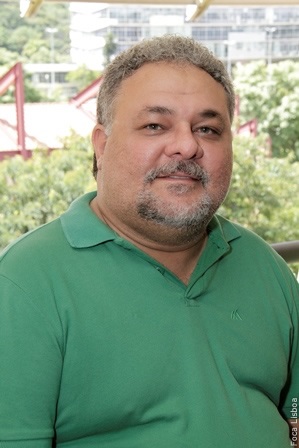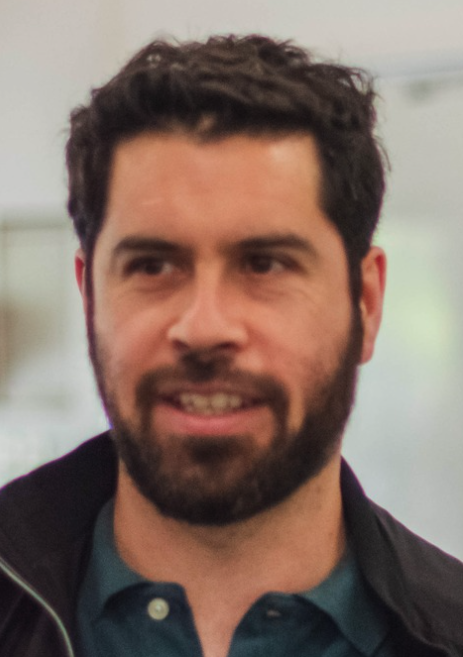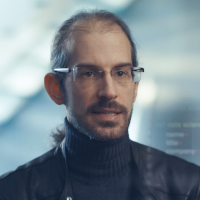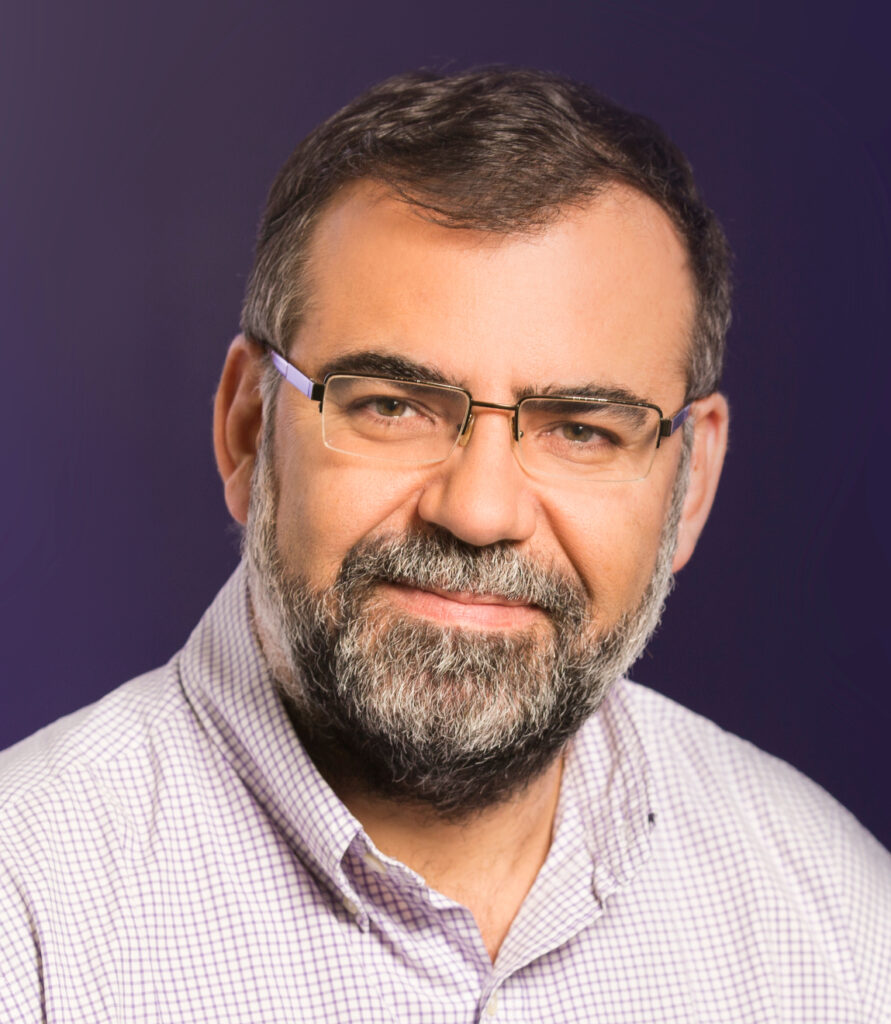
Marcos André Gonçalves
DCC/UFMG

DCC/UFMG

Associate Professor at the Department of Computer Science, in the School of Engineering at PUC Chile. I am principal researcher at the National Center of Artificial Intelligence (CENIA) as well as principal research at the Millenium Institute for Intelligent Healthcare Engineering (iHealth). I am also adjunct researcher at the Millennium Institute for Research on Fundamentals of Data. I hold a professional title of Civil Engineer in Informatics in 2004 from UACh, Valdivia, Chile; and a Ph.D. in Information Science from University of Pittsburgh, USA, advised by Professor Peter Brusilovsky. I earned a Fulbright scholarship to pursue my PhD studies between 2008-2013.
My research interests are Recommender Systems, Intelligent User Interfaces, Applications of Machine Learning (Healthcare, Creative AI) and Information Visualization and I am currently leading the Human-centered AI and Visualization (HAIVis) research group as well as co-leading the CreativAI Lab with professor Rodrigo Cádiz. I am also Faculty member of the PUC IA Lab.
I am an Associate Professor at the IT University of Copenhagen. I got my PhD in Computer Science from the University of Turin, Italy, in 2012. I conduct interdisciplinary research at the intersection of computational social science, digital health, network science, and urban informatics. I use large-scale digital data to quantify people’s well-being and build systems that can improve it. Currently, I am focusing on Natural Language Processing to quantify social and psychological experiences from text. I had a few past professional roles: Senior Research Scientist at Bell Labs in Cambridge, UK; Research Fellow of the ISI Foundation in Turin; Research Scientist at Yahoo Labs Barcelona and London; visiting scientist at the Center for Complex Networks and Systems at Indiana University.
http://www.lajello.com/
Non-Fungible Tokens (NFTs) are units of data stored on a blockchain that certifies a digital asset to be unique and therefore not interchangeable, while offering a unique digital certificate of ownership. Public attention towards NFTs has exploded in 2021, when their market has experienced record sales. For long, little was known about the overall structure and evolution of its market. To shed some light on its dynamics, we collected data concerning 6.1 million trades of 4.7 million NFTs between June 2017 and April 2021 to study the statistical properties of the market and to gauge the predictability of NFT prices. We also studied the properties of the digital items exchanged on the market to find that the emerging norms of NFT valuation thwart the non-fungibility properties of NFTs. In particular, rarer NFTs: (i) sell for higher prices, (ii) are traded less frequently, (iii) guarantee higher returns on investment (ROIs), and (iv) are less risky, i.e., less prone to yield negative returns.

Associate Professor at the IT University of Copenhagen, Denmark
In the first part we cover five current specific problems that motivate the needs of responsible AI: (1) discrimination (e.g., facial recognition, justice, sharing economy, language models); (2) phrenology (e.g., biometric based predictions); (3) unfair digital commerce (e.g., exposure and popularity bias); (4) stupid models (e.g., minimal adversarial AI) and (5) indiscriminate use of computing resources (e.g., large language models). These examples do have a personal bias but set the context for the second part where we address four challenges: (1) too many principles (e.g., principles vs. techniques), (2) cultural differences; (3) regulation and (4) our cognitive biases. We finish discussing what we can do to address these challenges in the near future to be able to develop responsible AI.

Ricardo Baeza-Yates is Director of Research at the Institute for Experiential AI of Northeastern University. Before, he was VP of Research at Yahoo Labs, based in Barcelona, Spain, and later in Sunnyvale, California, from 2006 to 2016. He is co-author of the best-seller Modern Information Retrieval textbook published by Addison-Wesley in 1999 and 2011 (2nd ed), that won the ASIST 2012 Book of the Year award. From 2002 to 2004 he was elected to the Board of Governors of the IEEE Computer Society and between 2012 and 2016 was elected for the ACM Council. In 2009 he was named ACM Fellow and in 2011 IEEE Fellow, among other awards and distinctions. He obtained a Ph.D. in CS from the University of Waterloo, Canada, in 1989, and his areas of expertise are web search and data mining, information retrieval, bias on AI, data science and algorithms in general.